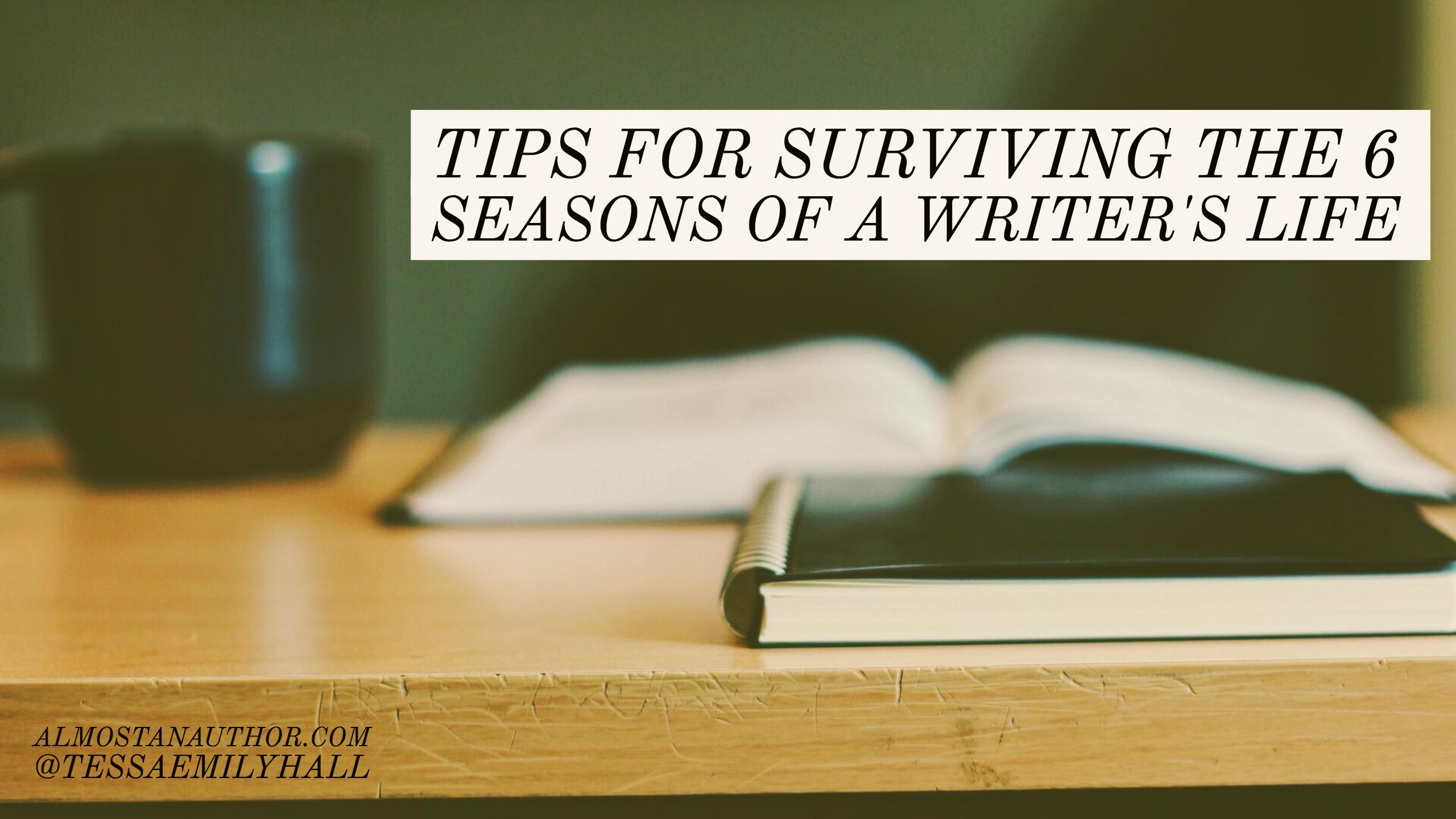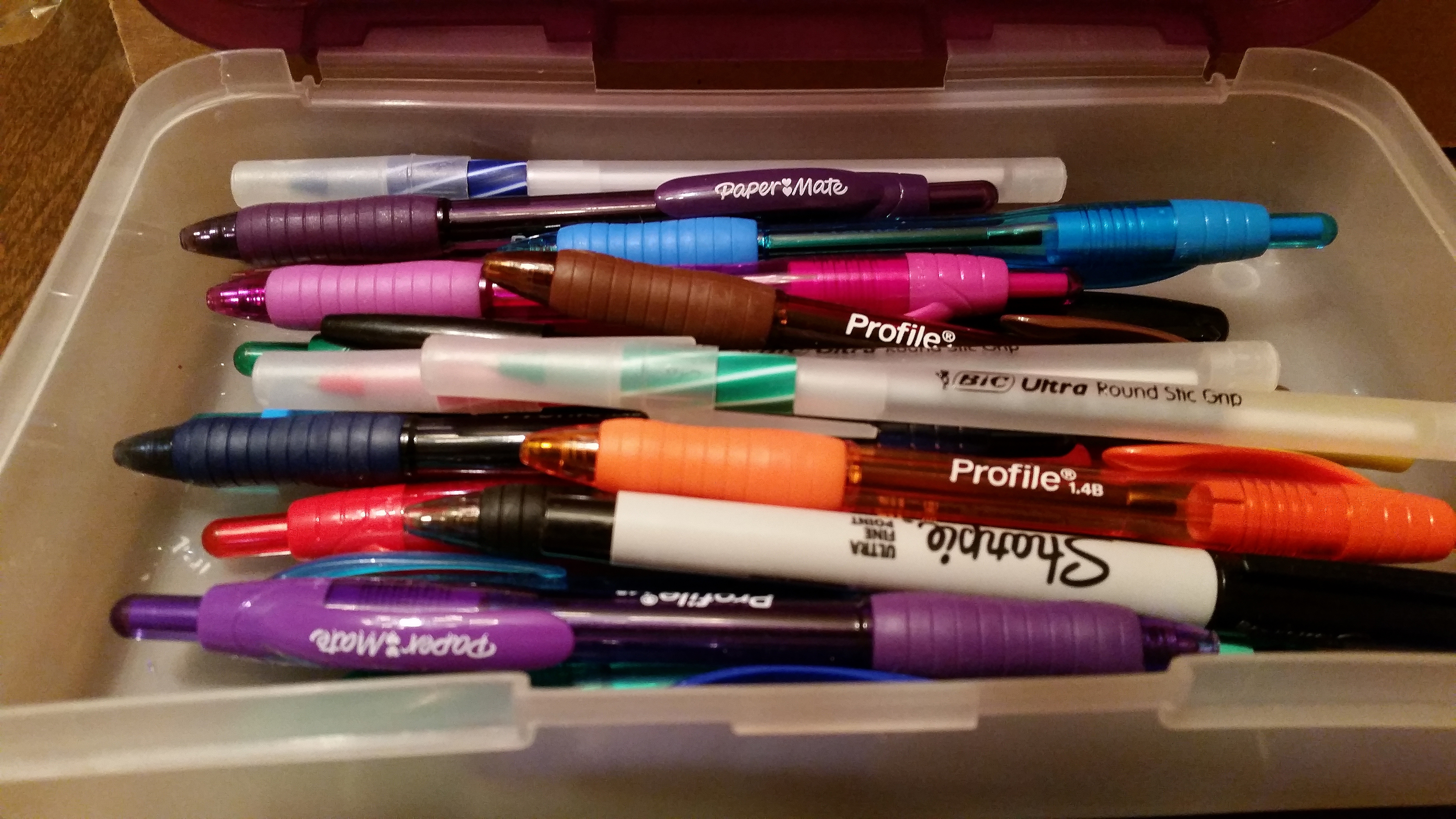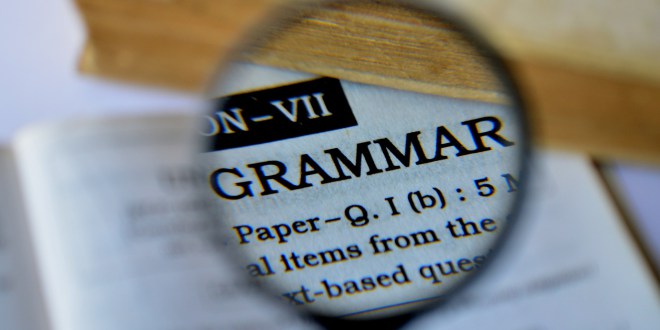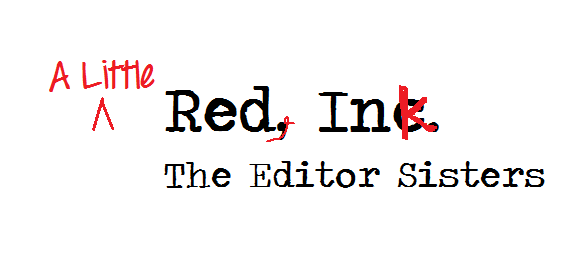
Is that a Question? Or Not?
This may seem hard to believe, but[bctt tweet=” … not every question requires a question mark” username=””.] How…
April 27, 2017
This may seem hard to believe, but[bctt tweet=” … not every question requires a question mark” username=””.] How…
April 27, 2017
Because spellcheck, wonderful as it may be, doesn’t catch words used improperly … And because the English language…
March 27, 2017
Bryan Garner, author of A Dictionary of Modern American Usage, and a raft of other books on English…
March 27, 2017
You’ve written your masterpiece. Or at least a short story, novel, or essay you believe worthy of publication.…
March 26, 2017
If you’ve been in the industry long enough then you probably know by now that the writer’s life is…
March 8, 2017
As this series draws to a close, here are a couple practical exercises you can do at home to…
February 21, 2017
For 2017, let’s understand the basics of English grammar by learning the eight parts of speech. They are the…
February 17, 2017
The comma is one of those punctuation marks that has an outsized impact in relationship to its size.…
January 27, 2017
For this post, I’m suggesting some books that you may want on your bookshelves or your may want to…
January 17, 2017
Writers write because we love to use words, but let’s face it––even though we say we write for ourselves,…
November 22, 2016
We’re still a few days away from Thanksgiving, but we sometimes receive Christmas cards a few days after celebrating…
November 17, 2016
This month’s post is all about words you might be hearing and saying and, consequently, writing improperly. We’re not…
September 17, 2016
Yes, we’re continuing to visit confusing words because the English language abounds with them. Here are a few…
September 17, 2016
Elaine Marie Cooper It was early summer and the New England Asters were lush with leaves. But a knowledgeable…
July 23, 2016
You hear it more and more these days. [bctt tweet=”Your manuscript must be “publish-ready” in order for it to…
July 8, 2016
Today’s tip on Polishing Your Message is . . . Don’t Do That. Do What? Overuse the word that.…
June 30, 2016A writing acquaintance of mine recently posted about her disdain of the comma splice, more importantly, the proliferation of…
June 23, 2016
As an editor, I frequently encounter homonym errors. Someone writes whether when they intend weather. Or peek when the…
June 11, 2016
What a day. We’ve been fighting to stay in the zone, our fingers flying over the keyboard searching for…
May 18, 2016
When editors are asked to name their pet peeves, misuse of apostrophes ranks at or near the top of…
May 17, 2016
Last month, I overheard a conversation about dangling modifiers. Lots of laughter. Lots of confusion. Lots of questions. “What’s…
May 9, 2016
What is a critique? Well, it’s one of my favorites. A critique is very much like a macro edit,…
May 7, 2016
Lots of time we hear verbal patterns that may be acceptable (to some people) in speech, but they are…
April 17, 2016
We’re continuing to examine words that are used incorrectly. Enthused/Enthusiastic—Although enthused has become acceptable in standard usage, old school…
March 12, 2016
We’ll take a break from adding more confusing words to our list this time and focus only on…
February 9, 2016